#69 Hope for the un-Chosen - Steve & Susan Vinton
For the last 30 years, Steve and Susan Vinton have fulfilled a unique calling - serving as the hands and feet of Christ to rural communities in Africa.
The following is a summary of the podcast interview above with Steve and Susan Vinton. Many more details are included in the original podcast episode and we encourage you to listen.
Names are used with permission.
Written by Jace Bower
Steve’s Path to Africa
Steve and Susan Vinton’s story starts one hundred years ago when Steve’s grandparents moved to what is now the Democratic Republic of the Congo, in central Africa, to live as missionaries. As their children grew up, the second generation of Vintons moved back to the United States while their parents remained in the Congo.
Steve was born in 1960, in the United States. He came to faith as a teenager and grew up in a “normal” Christian household. Steve expected that his life would follow the pattern of other American young men and that he would make a career for himself and find a way to leave an impact through his work. But his vision was changed dramatically when, at the age of sixteen, he visited his grandparents in the Congo.
It was Steve’s first time meeting his grandparents and seeing where they lived and what they did. As he was exposed to the mission work that his grandparents were engaged in, Steve knew that God was redirecting his own plans for life.
Susan’s Path to Africa
Meanwhile, Susan was also being drawn to work in Africa. Her father had died when she was young and her widowed mother had received loving help from the family’s church community. Susan remembered the care and support of the church and wanted to share the same love she received with others to make the world a better place.
This started with a mission trip to Mexico when she was a young teenager but soon blossomed into a bigger passion, specifically for the continent of Africa. With this youthful enthusiasm for doing good, she joined the Peace Corps with a special desire to be sent to Africa. She had no control over where she was stationed, but in the providence of God, she was sent to work in the Congo.
Steve and Susan met on one of Steve’s trips to Africa and after writing letters to each other from halfway across the world, they got married in 1988, and lived for two years in America before quitting their jobs and returning to Africa. They worked together in the Congo doing mission work and teaching until war forced them to flee to neighboring Tanzania.
Moving to Tanzania
Tanzania lies directly between the Democratic Republic of the Congo (on the west) and the Indian Ocean (on the east). Some of the most well-known tourist attractions in Africa are in Tanzania, including Mount Kilimanjaro and the Serengeti Wildlife Preserve.
While Tanzania was a beautiful country, the Vintons soon saw a major difference between their new home and the life they had known in the Congo.
In the Congo, as a result of decades of mission work by Steven’s grandparents, it seemed almost everyone, even in the most remote of villages, had the opportunity to go to primary and secondary school. Steve and Susan worked with hundreds of Congolese co-workers with high school diplomas and college degrees. The same was not true in Tanzania.
At that time, only the cities in Tanzania had secondary schools (8th - 11th grade). Most rural villages only had primary schools (1st -7th grade). At the end of primary school, their students took a national examination and only the highest-performing students were chosen to attend the secondary schools in the cities. Those who were “unchosen” and left behind had no access to further education, which gave all of those young people few options to get out of poverty.
The Vintons believed the teachings of Christ encompassed all of life and compelled them to help those in need. They couldn't simply stand by.
In the village that had become their home, the Vintons worked with parents to build a school that would be for all the “unchosen” young people who had no opportunity to continue their education in the cities. They started with 12 students and within four years their school had grown to over 600! Providing an education to all of them was a great joy. And so was having the opportunity to share the Gospel with them.
A Vision & Decision
After 4 years, the war in the Congo seemed to have ended enough that the door was open to the Vintons to leave Tanzania and return to the Congo. That was when two of their very first graduates in the school, Godfrey Hiari and Emmanueli Masumbuko, came to the couple to share with them their vision for starting secondary schools in other villages across Tanzania. They wanted to take the education model that had helped them and bring it to rural communities all across the country.
They would call their educational endeavor “Village Schools Tanzania.”
The Vintons decided to stay in Tanzania and continue the work that God had set before them. They would serve as strategic advisors for Godfrey and Emmanueli as they set out on the mission they had been given.
It Takes a Whole Village to Build a School
By 2005, Godfrey and Emmanueli had moved 400 miles away to live with people in five villages that had agreed to work together to build a school.
The community donated land, made tens of thousands of bricks, and carried tons of foundation stones, and in 70 days built their own school.
Word spread rapidly of what those people had done.
Godfrey and Emmanueli would share their vision with people and Steve would share the details of the model. They would travel to universities and ask to bring together all of the Christian student groups. There, he’d make the case to upcoming graduates to come and spend at least a year teaching in these rural schools.
The new teachers’ wages would be paid by the parents of the village children, which meant it would be much less than the college graduates could earn in the city with their newly minted college degrees. But this unique opportunity to cultivate Gospel-advancing relationships with young people in villages far outweighed any monetary loss and attracted hundreds of college graduates willing to give of themselves to help other people receive an education.
Village Schools spread from region to region in Tanzania and then across borders into neighboring countries.
New Challenges
When the Vintons first arrived in their new home village, to help with the very first “Village School” they were given a large welcome party. As they settled into their new home, Susan planned to ask some of her students to help her with carrying water and other tasks. As she inquired about their families she came to realize the dire situation that many of these students came from.
She had asked one of the teachers to visit the family of one of her students to ask for their permission to help after school. The teacher didn’t return until the next day and told her that he had never seen such poverty, and urged Susan to accompany him. They crossed the rough terrain until they came to a dilapidated mud hut. Inside lay a woman and a young child. Both had been coughing up blood from the previous night.
Susan also found another boy who was covered in sores and very sick. His mother had died on the night the Vintons had arrived in the village. In both these instances, Susan was able to direct them to medical care and help bring them back to health.
Caring For HIV Victims
Over the course of the next few months, more sick children were brought to Susan for medical care.
At first, nothing seemed unusual. But over time Susan began to notice anomalies in the children she cared for. One day, she sent a boy to a hospital for testing. She learned that he was HIV-positive. She realized all of the strange illnesses she had seen in the other children were expressions of HIV/AIDS.
The Vinton’s work in education continued but now they had a new focus as well: caring for and educating the local population about HIV/AIDS and prevention. In their area, the problem was quite substantial.
Thirty-five percent of adults were HIV/AIDS-positive and an estimated 95% of homes had an HIV/AIDS-positive person living there.
Eventually, God provided the funds for the Vintons to purchase a bus so that more people could be transported to testing and treatment centers. Today, Village Schools operates its own HIV/AIDS clinic which is staffed by alumni from the school.
Expanding Impact
This year, Village Schools celebrated their 18th birthday and just opened their 75th school a month ago, with more on the way. They've now spread to the surrounding countries of Malawi, Zambia, Uganda, and Kenya, and have graduated over 10,000 young adults. All of these children were the "unchosen" ones who almost certainly would never otherwise gone to school or escape poverty.
Instead, many of them have gone to University, earned degrees, and then returned to their home villages to become teachers, run medical clinics, open businesses, and more. Thousands of lives have been changed.
The same thing is happening with the work at the HIV/AIDS clinic. Thousands who were previously suffering are now able to manage their disease, mother-to-child transmission has been cut to almost zero, and countless people who would have eventually been infected with HIV, have avoided it entirely.
When the Vintons started a school for the "unchosen" children all those years ago, they were just trying to be faithful Christians, acting as the hands and feet of Jesus to their local community. But now, one by one, person by person, entire communities are experiencing transformation.
And in a small way, even that is a picture of the Gospel. How Jesus comes to us, the forgotten ones, the ones who weren't "good enough", and He chooses us.
The heart of God is towards the “unchosen”. The salvation He provides is not based on any merit in those He saves but rather in His own love. And from there, He uses those whom He saves to spread His love to others. Similarly, the Vintons and Village Schools have touched countless lives and have empowered them to touch even more.
—
Jace Bower is a writer with a passion for justice and biblical principles. He writes at jacebower.com.
🔗 Links
Learn more about Village Schools on their website. Jump directly to some of their initiatives below:
📷 Photos & Videos
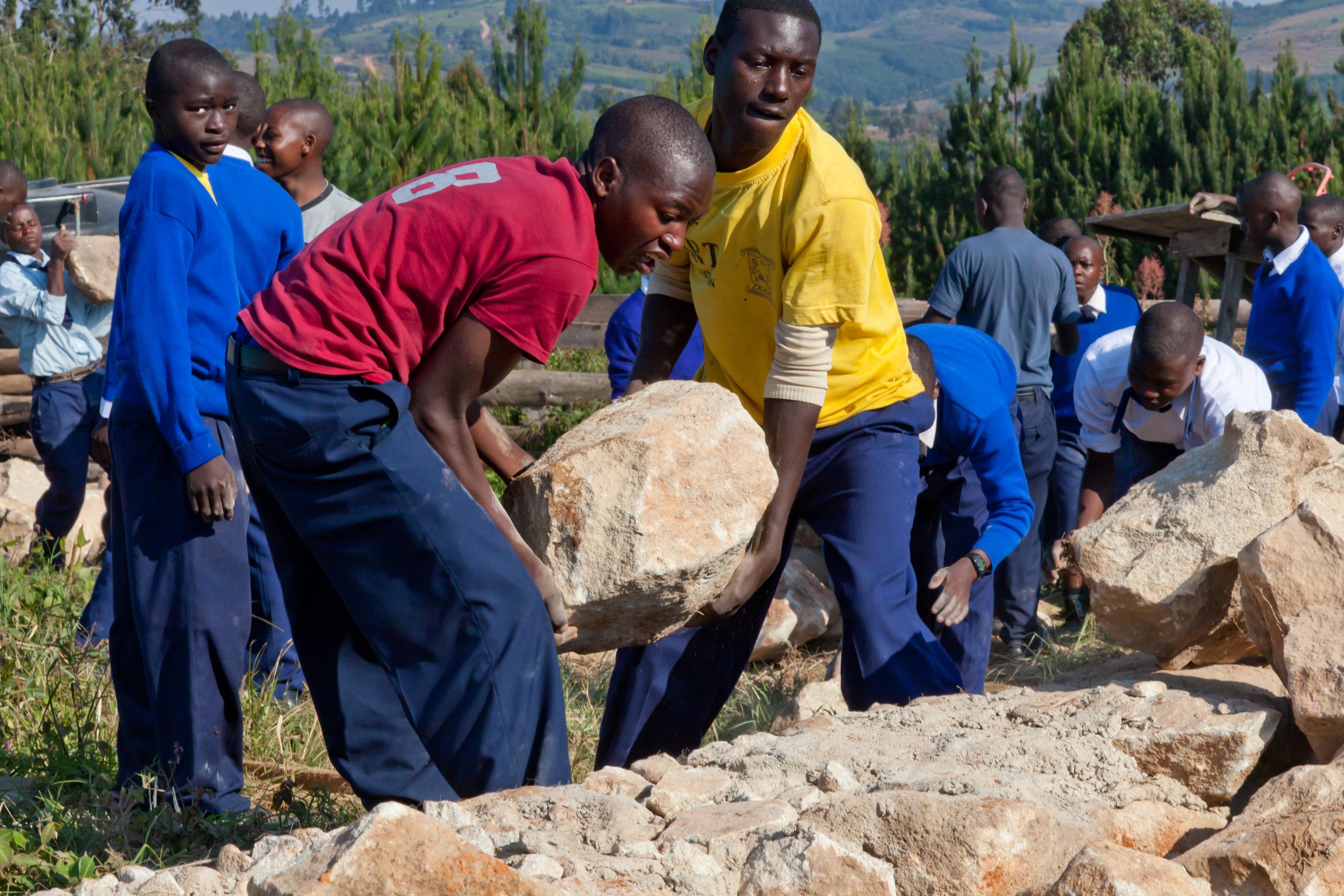
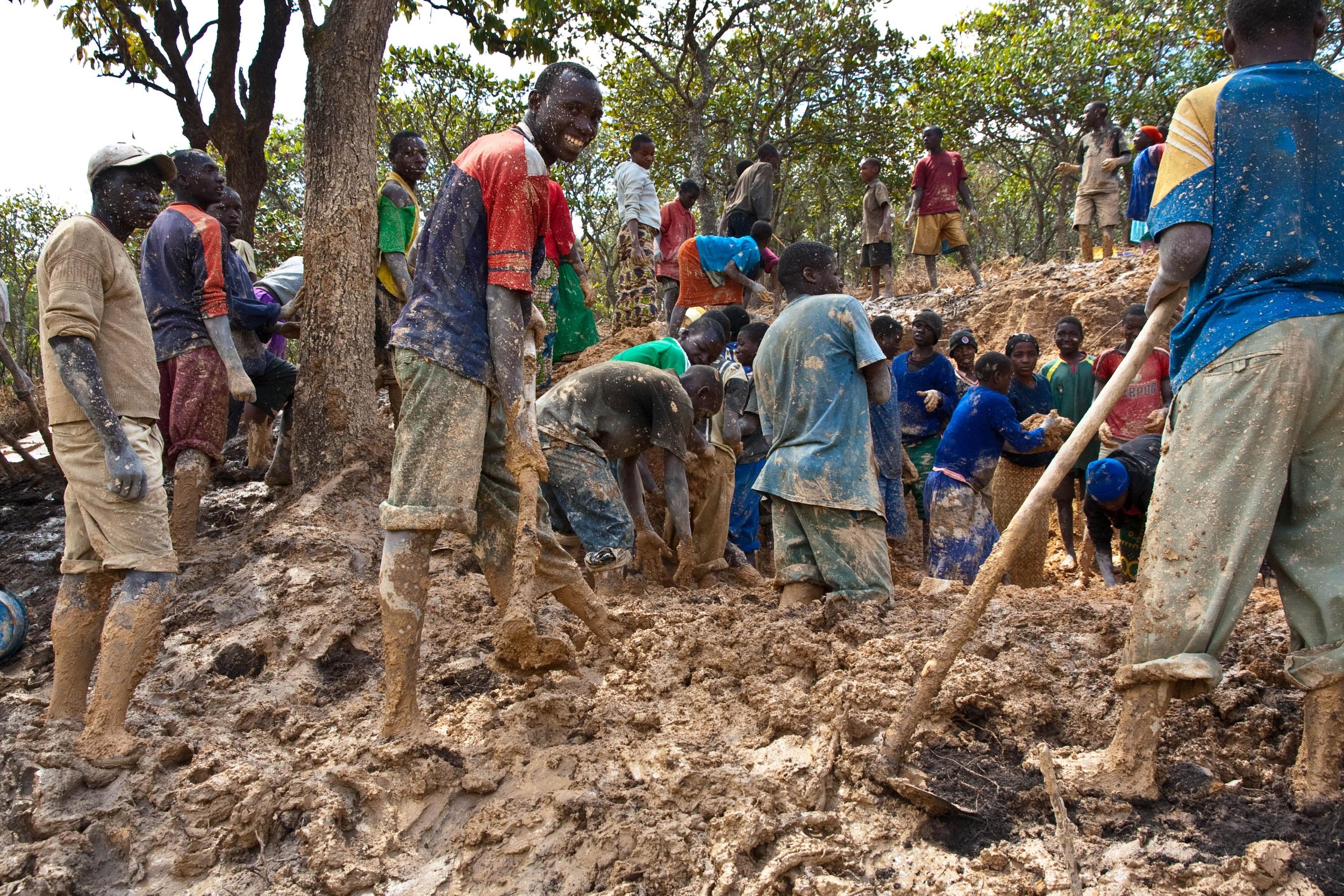
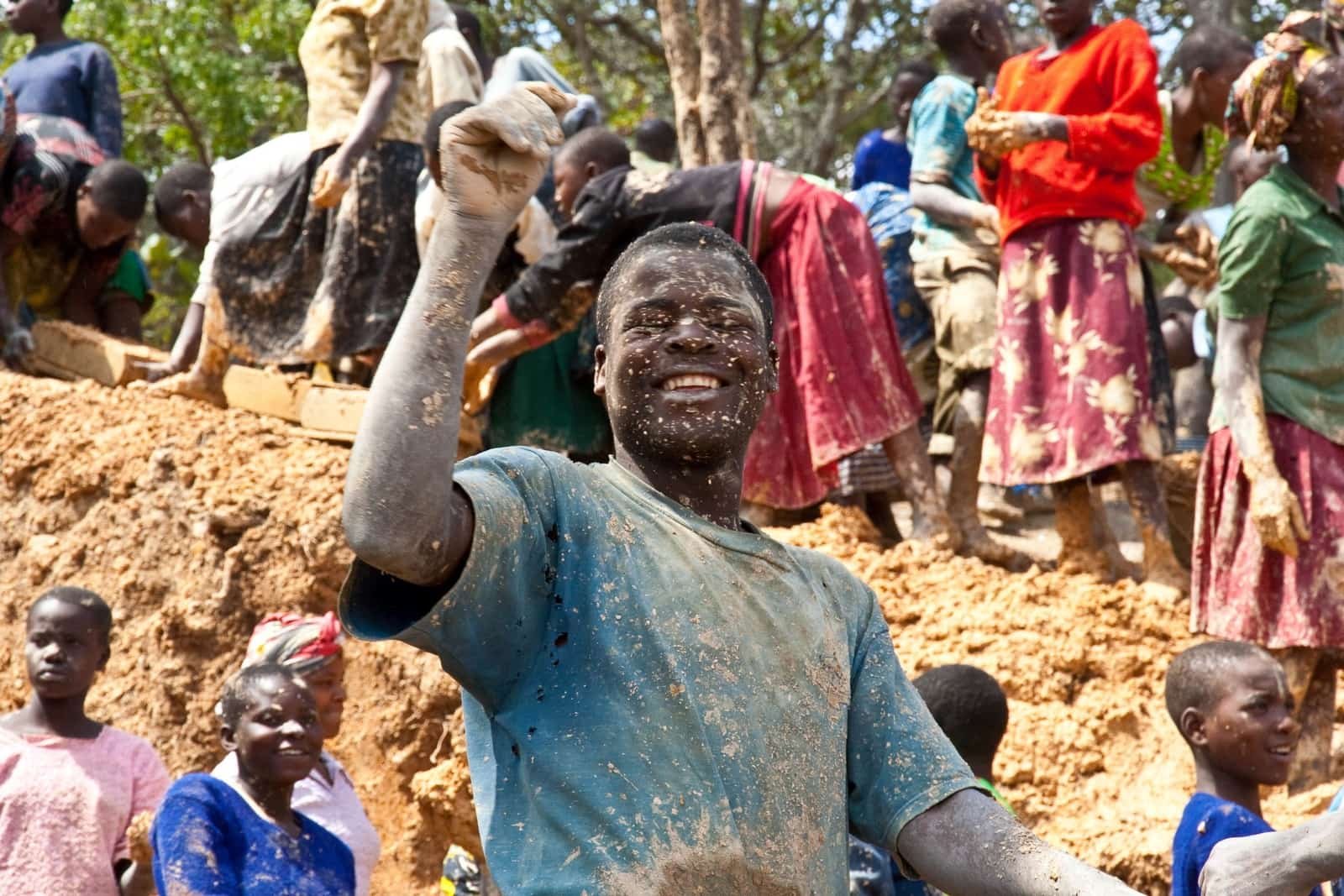
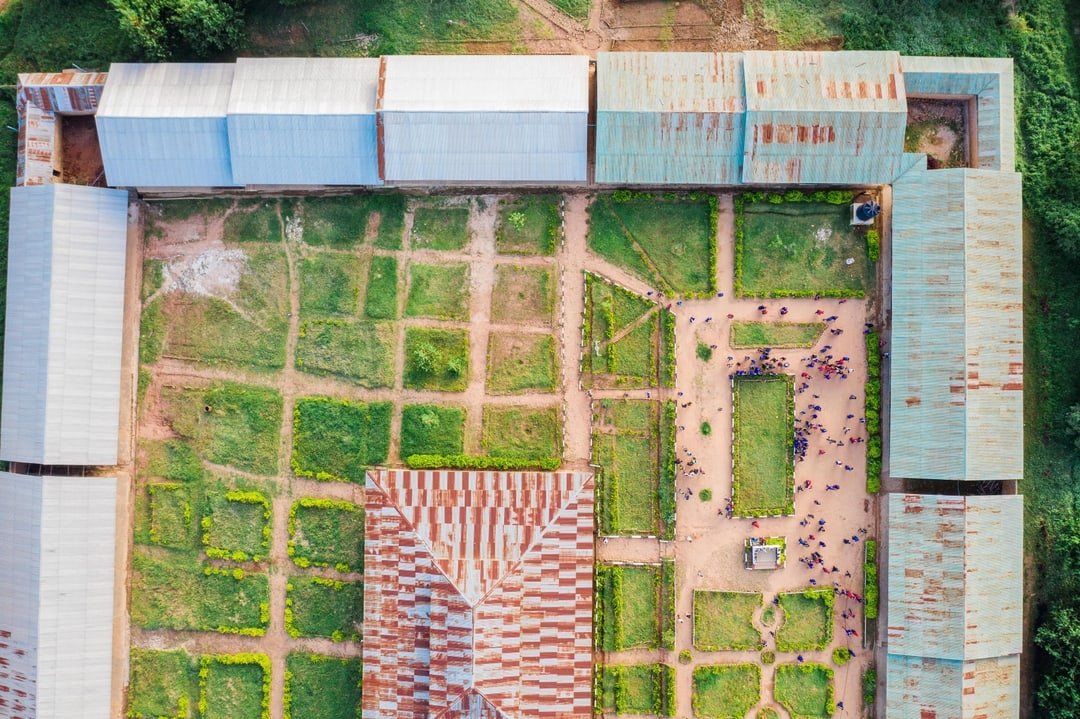
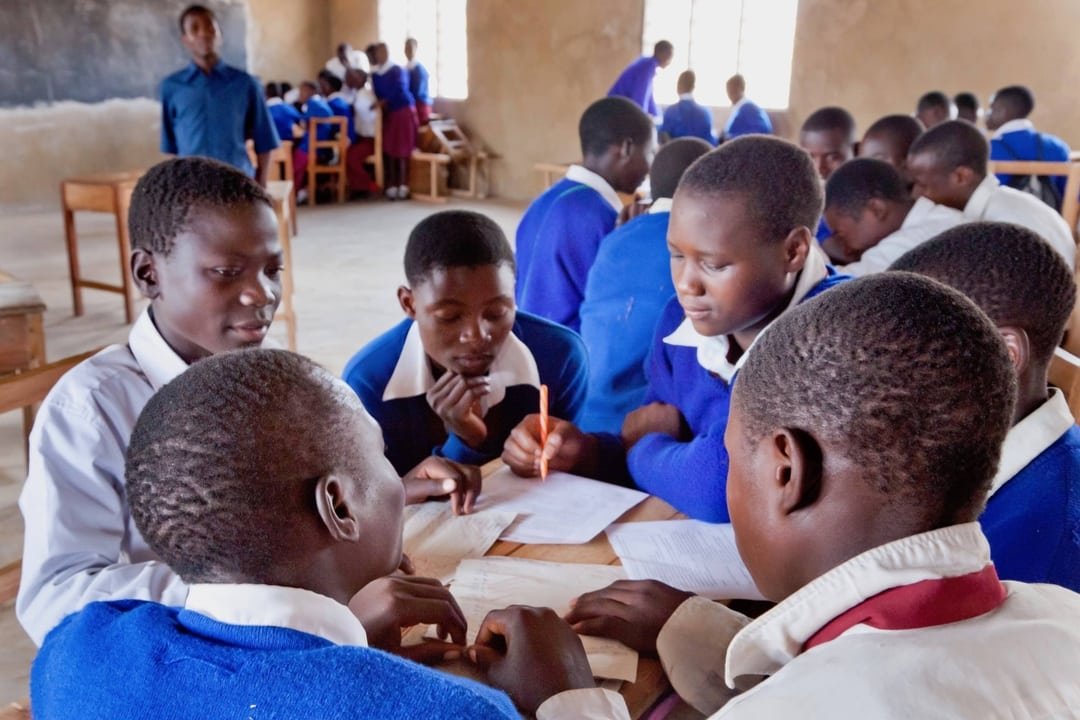
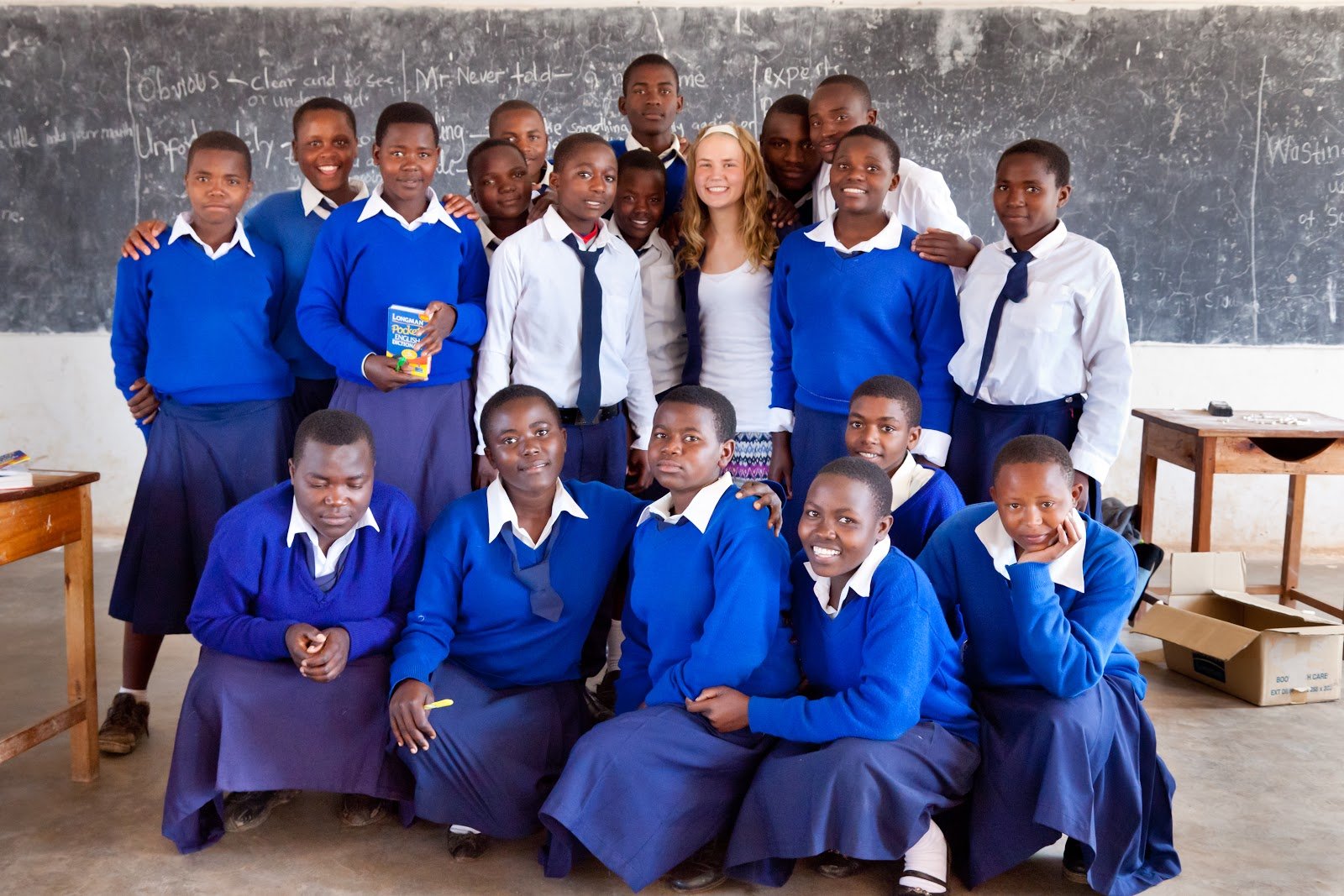
🎧 3 RECOMMENDED EPISODES:
#12 "Just Go!" (a Medical Missionary) - Brent Hambrick: A successful doctor who left his comfortable suburban life in America to follow God's calling into the jungles of Central America as a self-funded medical missionary.
#54 Loving the Forgotten through Foster Care & Adoption - Loryn Smith: Early on, Loryn and her husband felt called to adoption and foster care... but had no idea where that would lead or the sheer number of children that God would place in their family.
#56 An Unlikely Missionary to India - Josh Howard: After his family fell apart, Josh Howard became one of the most unlikely missionaries to India. Now, he has a front-row seat watching God orchestrate an incredible discipleship-multiplication movement across the subcontinent.

